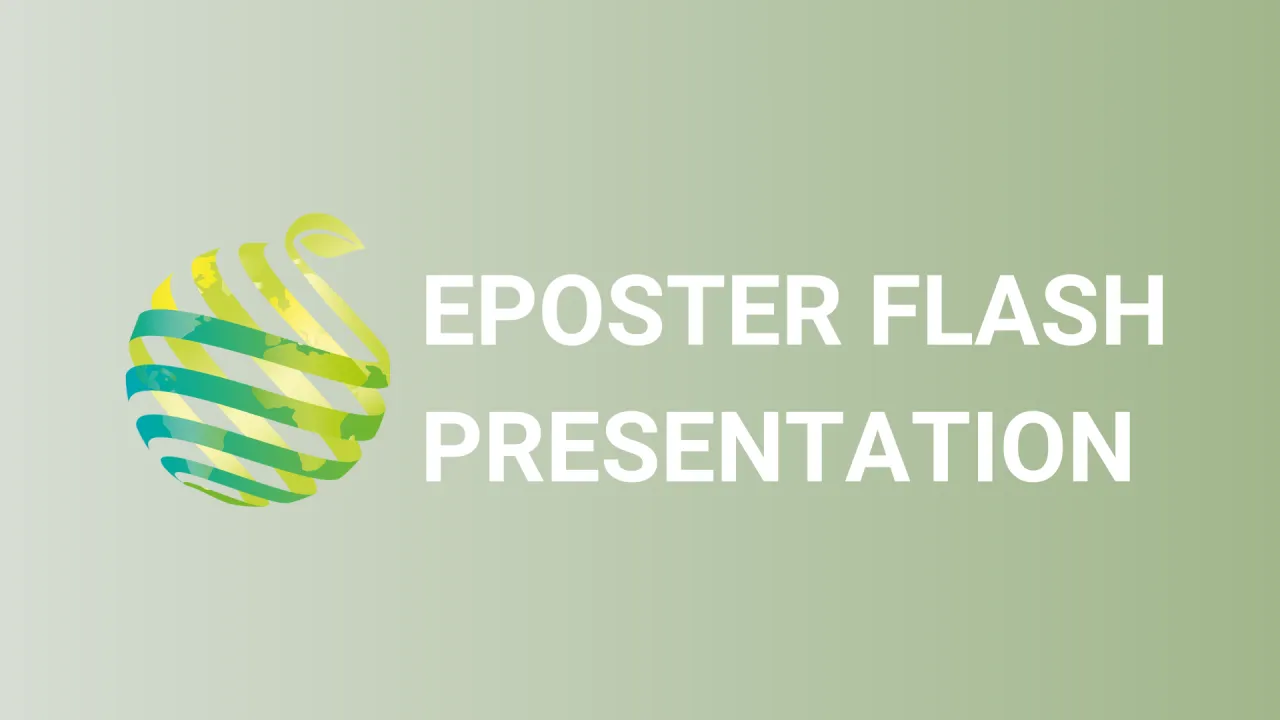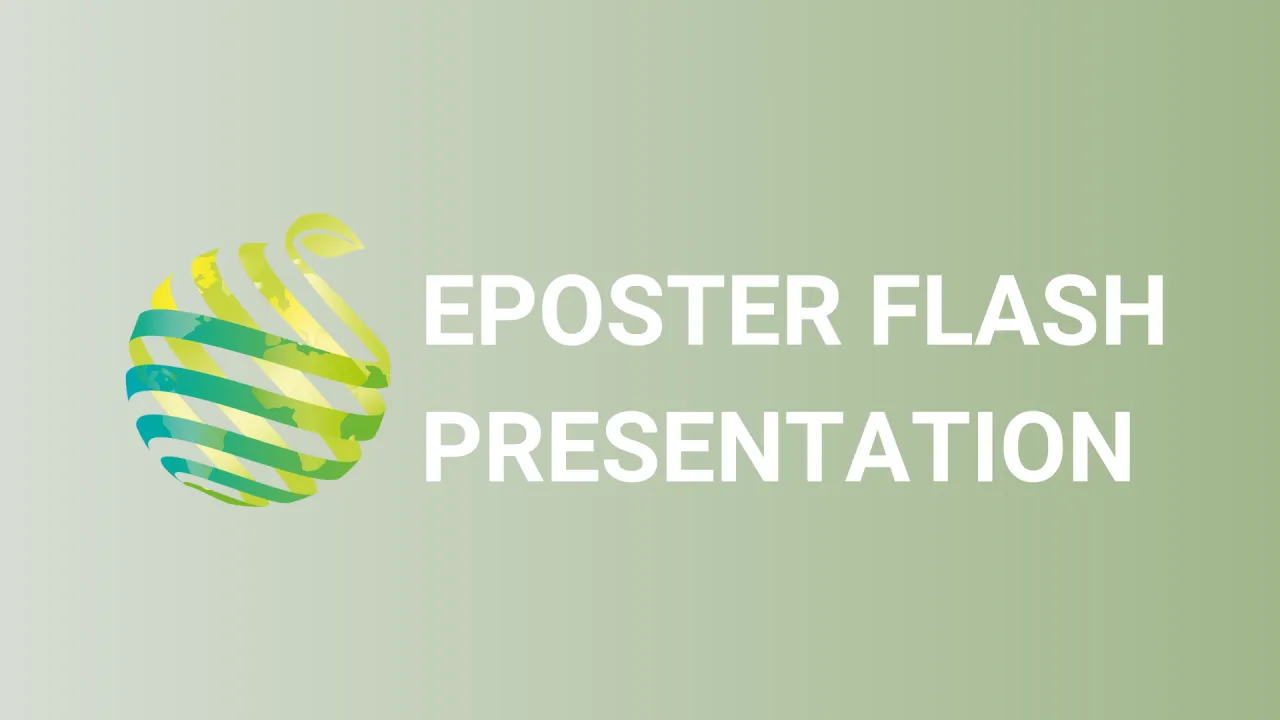

S14 - Session P2 - Assessing fungicide efficacy for improved management of the wild blueberry foliar disease complex in eastern Canada
Information
Authors: Alex Cornel *, David Percival
The wild blueberry foliar disease complex, comprised of blueberry leaf rust ( Thekospora minima) , Sphaerulina leaf spot ( Sphaerulina vaccinii ) and Valdensia leaf spot ( Valdensia heterodoxa) , significantly reduce yields when left unmanaged in the vegetative year of production. The once widely used chlorothalonil is no longer being used by many growers due to its deregistration in the European Union. The objective of this study was to evaluate registered and future fungicide options for their impact on leaf number, foliar disease incidence, percent leaves infected, and floral bud number. Field trials conducted in commercial wild blueberry fields in Debert and Kemptown, Nova Scotia, during the 2021 growing season consisted of eleven treatments: untreated, mefentrifluconazole, mefentrifluconazole + fluxapyroxad, mefentrifluconazole + pydiflumetofen, pydiflumetofen, pydiflumetofen + difenoconazole, prothioconazole, fluopyram + prothioconazole, prothioconazole + benzovindiflupyr, prothioconazole + pydiflumetofen, and folpet. Thirty days after application, prothioconazole + benzovindiflupyr had the greatest leaf number, while all treatments combining prothioconazole and an SDHI fungicide had significantly lower percent of leaves infected per stem compared to the untreated control. Sixty days after application, prothioconazole + benzovindiflupyr had significantly greater leaf number than all other treatments and between 45 and 78% greater leaf number than the untreated. At the Debert site, prothioconazole + benzovindiflupyr, prothioconazole + pydiflumetofen, and folpet had at least 33% lower percent leaves with disease compared to all other treatments. At the Kemptown site, prothioconazole + benzovindiflupyr had 26% lower percent leaves with disease compared to all other treatments. Results show that prothioconazole + benzovindiflupyr is a suitable fungicide combination for consistent and effective management of the wild blueberry foliar disease complex.